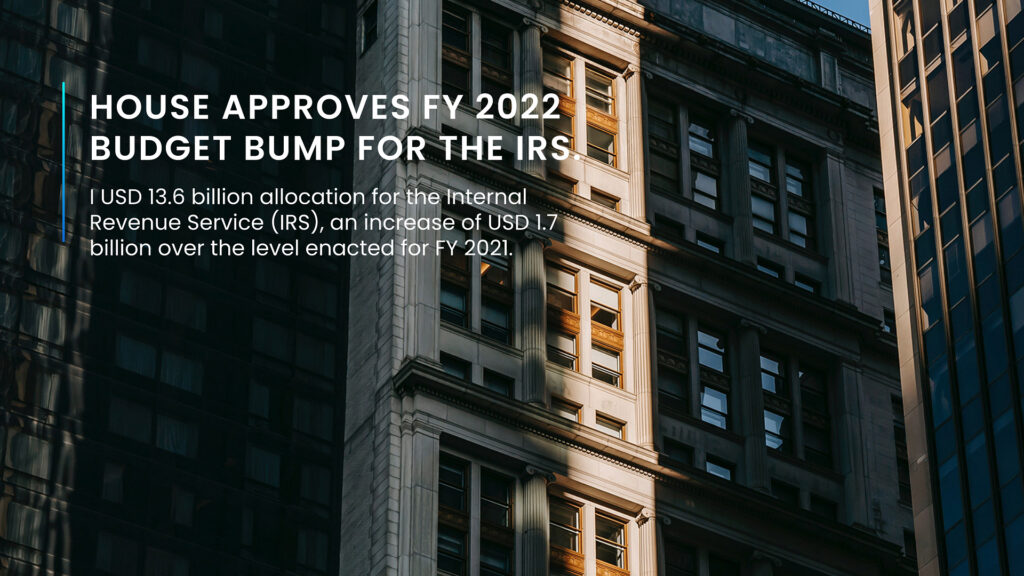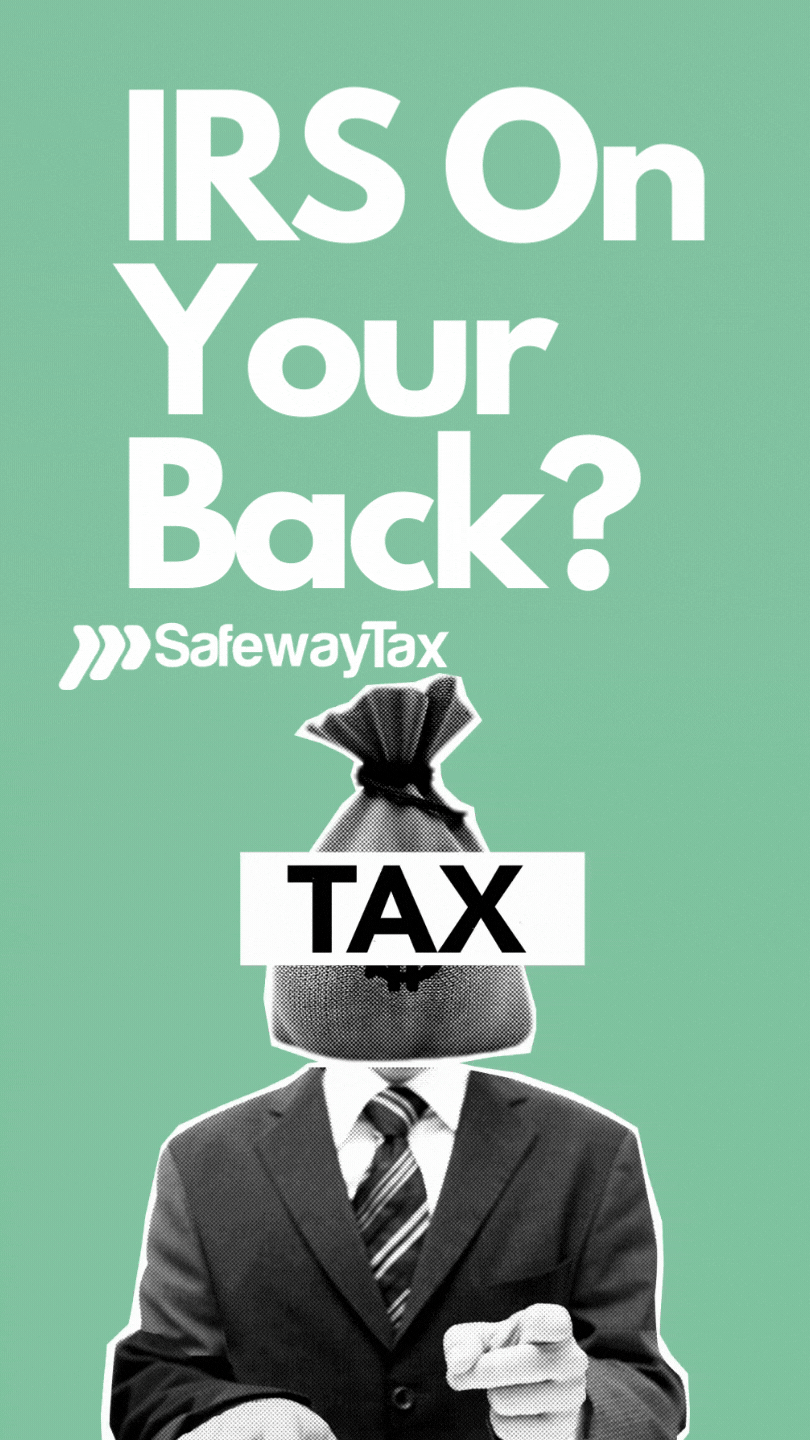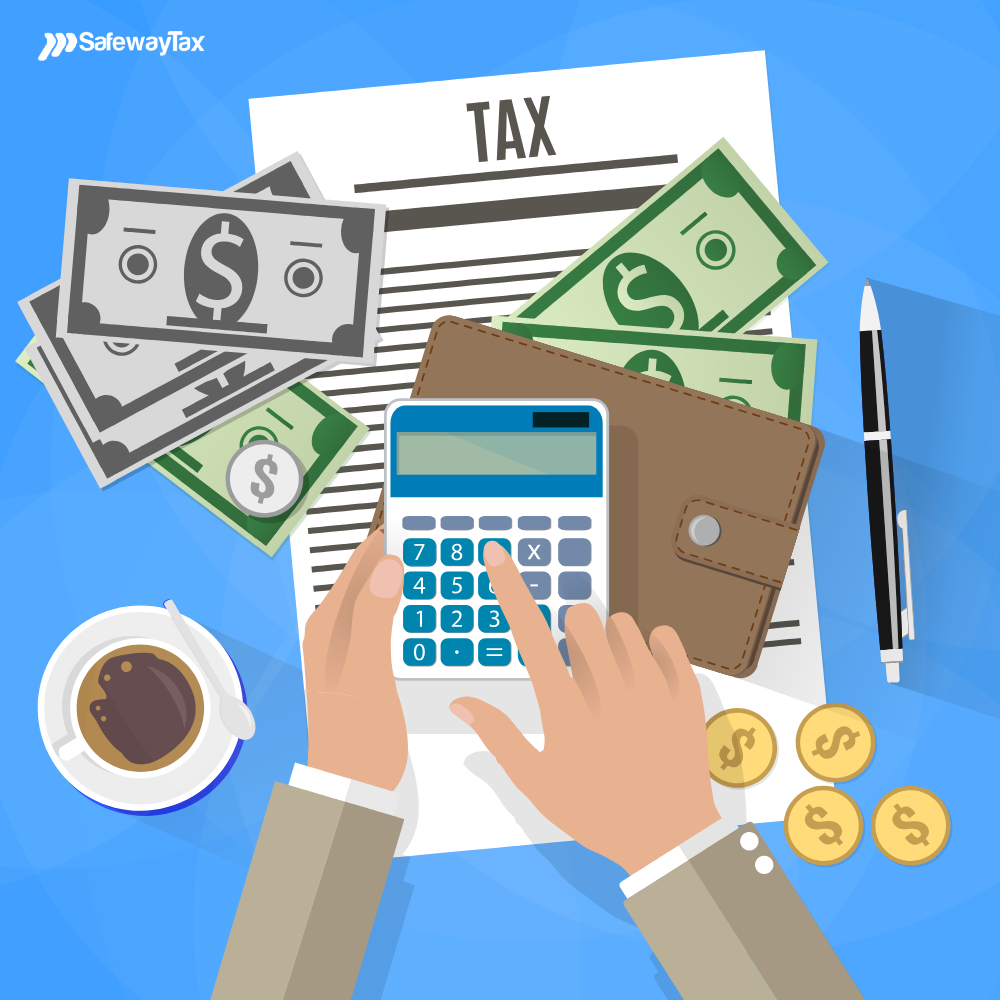House Approves FY 2022 Budget Bump for the IRS
Tax issues are always a headache even without the IRS on your tail. There’s so much going on when it comes to taxes, that most people hate dealing with tax documents and processing. With the recent approval of the 10% increase in the IRS budget, taxpayers everywhere are wondering what this means for them.
With the approval of the Fiscal Year 2022 budget, the IRS will go in much stronger than ever before with enforcing the existing tax laws. This means increased audits, tax collection, and more scrutiny for taxpayers. The administration is convinced that by beefing up their enforcement measures they will collect more money and make up for government spending.
Anything to do with keeping up with your taxes can be very complicated. And many of us don’t understand how this budget may impact our lives. So let’s find out why this budget increase came up at this time, how it will affect you and what you can do to avoid getting caught up in more tax hassle than you already have.
How Much is The IRS Being Funded in 2022?
For the Fiscal Year of 2022, the Biden administration has increased the IRS budget by 10.4 percent more than last year, making it up to a 13.2 billion allocation for the IRS. This budget proposes almost 5 trillion USD in new tax breaks and spending. It will reflect on the previously proposed plans such as the American Jobs Plan, American Families Plan, etc.
The budget has earmarked about 4.4 billion USD for infrastructure and operations to support, 2.9 billion USD for taxpayer services, 5.5 billion USD for the IRS’s enforcement division, and about 305 million USD for information technology and modernization.
It proposes a $417 million program integrity allocation modification in FY 2022 and additional adjustments through FY 2031 to create and protect $50 billion in revenue over ten years at a cost of about $7 billion, for a net savings of $43 billion.
Furthermore, it also includes a multi-year initiative to better tax compliance and enforcement, support the increase of information reporting, and also support the Administrations’ proposal to make Child Tax Credit expansion. It also includes additional authority to improve tax administration.
With the investments in the IT sector, the IRS will be better able to manage its caseload and make the whole process more efficient. More and more services will be available online and taxpayers are expected to be able to receive any kind of information they require through an online IRS representative.
So all IRS activities are being better enforced and this means the IRS will also increase recruitment. The National Treasury Employees Union estimates that this funding can facilitate about 8493 new full-time employees.
The Department of the Treasury is currently creating the FY 2022–2026 Departmental Strategic Plan in compliance with the Government Performance and Results Act Modernization Act (GPRAMA) of 2010. The Strategic Plan is expected to be released in 2022.
The President’s Budget for FY 2023 will include an update to the Annual Performance Plan to reflect new departmental strategic goals and objectives. By the spring of 2022, the IRS will provide a component plan that matches bureau actions and priorities with the Departments.
Why Was The Budget Increased?
As you can guess from the budget allocations, the increased budget comes to enforce IRS actions more strongly and efficiently. This is especially in regards to high-income individuals so that they are compliant with current tax laws. There are no new laws, only increased enforcement of existing ones.
The Biden Administration needs increased revenue to pay for all the government spending that has been happening. And a better collection of taxes from existing taxpayers means a significant portion of government spending is going to be paid for.
A lot of individuals keep away from taxes and find loopholes and refuse to pay. With increased enforcement of the IRS, these kinds of especially high-income personnel will find it much harder to hide from the law. Preventing tax dodging by wealthy people is the first step to fixing the tax code.
The chief of the Internal Revenue Service, Charles Rettig, told a Senate committee earlier this month that the agency lacked the resources to apprehend tax fraudsters, who cost the country up to $1 trillion every year. By granting the IRS extra collecting authority, the White House intends to close the disparity.
Administration officials estimate that an IRS with additional authority to prosecute tax cheats will raise at least $700 billion over the next ten years. In a deliberate effort to recoup tax funds to help pay for Biden’s American Families Plan, the administration also proposes to raise capital gains tax and the top marginal income rate.
In addition to improved collection power, an injection of funds will provide the agency a boost to become caught up. To put it another way, the IRS may become more aggressive in the coming months. If you have unresolved tax difficulties, now is the time to take action.
What Can We Expect From This Budget Increase?
So how does this budget bump affect you as a taxpayer? Let’s find out.
- More Audits
With an increase in funding, you can expect to undergo an increase in the number of audits. Audit rates had been on the decline in the last ten years, between 2010 and 2018. But with the approval of the recent budget, you can expect to see a much higher audit rate all across the board: for both high-income taxpayers as well as low-income ones.
However, this is meant to be the harshest on high-income taxpayers because more often than not these individuals, partnerships and large corporations are the ones who avoid paying their taxes. This will result in the audit rates being the same as they were about 10 years ago.
- Increased Scrutiny
More hires mean they will be a larger workforce to enforce each of the documents and cases and scrutinize each case more carefully. The extra IRS resources will focus more on the high-wealth taxpayers to improve compliance rates.
However, this is not to say that lower-middle-income taxpayers will not be affected by this. It will also mean increased scrutiny on all income classes. So if you have existing tax debt, things are going to get much harder as more and more time goes on. It’ll be much harder to avoid the existing laws.
- Increased Collections
The IRS will be hiring more Revenue Officers, Appeals Officers, etc to beef up their collections. The plan is to spend about 80 billion USD over the next eight years and increase their ability to collect tax more efficiently.
By increasing the collection capability of the IRS instead of changing the laws, it would mean that non-compliant taxpayers will be more exposed and vulnerable to these new changes. The increase in the collection is expected to come from those who were previously non-compliant.
- Increase in Voluntary Compliance Rates
A lot more people might just pay up in fear of the audit wave coming, to protect their finances. The overall increase in all sectors of this industry means more and more processes will become more efficient. This might just make taxpayers more willing to be compliant with the laws.
Increased enforcement measures will only slightly change the voluntary compliance rate, the percentage of taxes paid voluntarily and on time. However, the magnitude of this impact is highly uncertain, and empirical evidence of the impact of audits on taxpayer behavior is inconclusive.
- Better Online Services and Enforcements
The increased IRS spending especially technologically might mean several things for taxpayers. Firstly, better online services and assistance will likely make the whole process much more convenient and easy. Expect to see more and more of the whole process become digital and online.
Secondly, the improved services for taxpayers might mean compliant taxpayers can more accurately determine their tax liabilities. It might also reduce the burden on taxpayers who abide by the law and make it easier to determine and focus on the non-compliant taxpayers.
How We Can Help You with This Increased IRS Enforcement?
Increased enforcement means the IRS will be on your tail more often and it might make things even more complicated than they are now. If you have tax debt, the sooner you address it, the easier it will be for you. If you put your tax issues on hold and don’t do anything about it, the IRS might eventually take action against you.
A lot of people avoid doing their taxes because of all the hassle it involves. It’s often very intimidating to do them on your own. This is where Safeway Tax Relief comes in. We can have our experienced professionals look over all your financial details and devise a game-plan customized for you.
What you might not be aware of, is that the IRS has several tax debt relief programs for taxpayers. Tax Debt Relief is one way the government can help if you can’t afford to pay the tax. This takes the form of a payment schedule or settlement in which the IRS agrees to pay your tax obligations for less than the full amount you have to pay.
If you can get in on any or multiple of these plans, you can save a lot of money. With increased enforcement, it might be even harder to qualify for these programs, however. The IRS will assess your annual income, ability to pay, and also any other expenses and assets you might have.
There’s the Offer in Compromise plan, The Fresh Start Initiative, Innocent Spouse Relief, and IRS installment Agreement. Each of these plans is suitable for different circumstances. For instance, you might be able to pay your tax debt in installments rather than in a large sum, with the IRS installment agreement plan.
Depending on your particular situation, you can devise a game plan to deal with your taxes head-on, along with our help. You can start for free with a consultation from our experts. They will ask you for a summary of your current tax issue and to see if you’ve received any notice from the IRS. Then they will use their expertise to analyze your financial situation.
Once we have a proper idea of your situation, we will discuss the viable options and plans and give you proper guidance on what you can do. Then you can decide how to move forward. We customize all price plans according to your specific needs and budget.
After you have chosen a certain plan, we will begin to take more definitive action to fix your tax problems. We provide rapid protection by filing a “Stay of Enforcement”, to block the IRS from seizing your bank accounts or your assets. This will give you instant protection and save you from incurring any large losses.
Then we begin to work towards a solution. This is known as the resolution phase. During this phase, we work with the IRS on your behalf, so that all your issues are solved without much hassle.
You don’t have to worry about any shady business and you’re going to be working with us and you can be as involved as you want. All our processes are completely transparent and we will keep you updated with whatever new information we have.
We boast a team of the best Tax Attorneys, Enrolled Agents, and Tax Experts who have a lot of experience in dealing with any kind of issue you may have regarding your taxes. So rest assured, your finances will be in good hands with us. Not only does this save you a lot of hassle, but you can also even save a lot of money if you work smartly with us.
Conclusion
With the bump up in the IRS budget, over the years it’ll just become harder and harder to avoid or delay your tax responsibilities. The smartest thing to do now would be to get ahead of this change and with proper consultancy, get on top of your taxes.
You can save thousands of dollars if you are just smart with how you handle your taxes and your tax relief plan.









